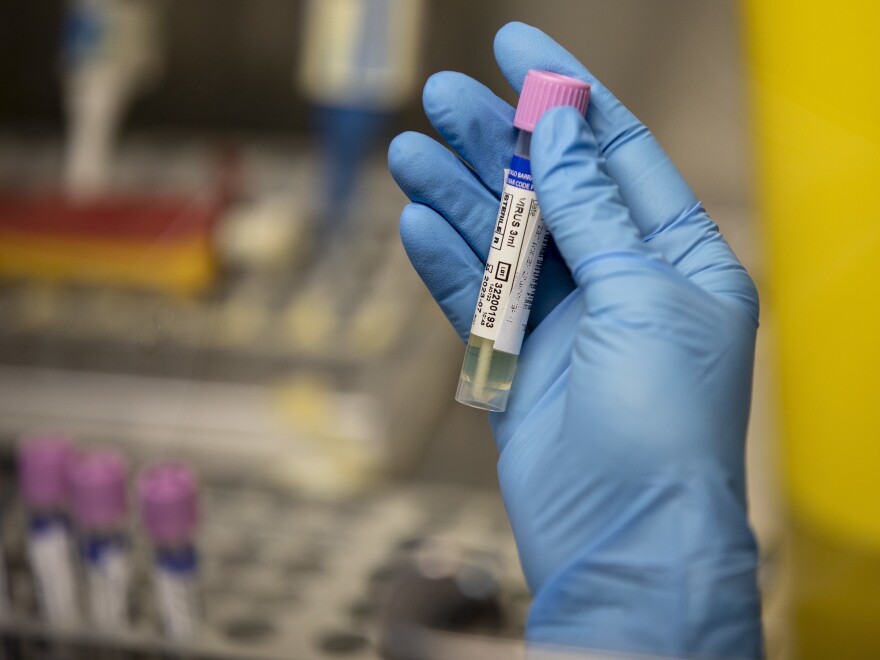While acting state Health Secretary Dr. David Scrase said that COVID-19 cases have plateaued in the state over the past few weeks, the emergence of monkeypox is a new point of emphasis for the department of health (DOH).
“The summary is, COVID is pretty stable in the state, although we’re still at a high level of cases and monkeypox is the new infectious disease on the block that we’re taking quite seriously now,” Scrase said.
The update was held on the same day the Biden administration declared monkeypox a national health emergency, signaling that the virus now represents a significant risk to Americans. In New Mexico, there are currently 10 confirmed cases of monkeypox.
Dr. Laura Parajon, who is a deputy secretary at the DOH has been designated as the resident expert on monkeypox for the state, and spoke during the update about the impact of this new infection in New Mexico.
“It is a public health emergency because it is spreading in the United States and around the world. There’s a total number of 6,617 cases in the U.S. now,” Parajon said.
The virus is spread through close physical contact between two people, contact with objects, fabrics, or surfaces touched by someone with monkeypox, respiratory secretions during prolonged face-face contact and sexual or intimate contact, including kissing, massage, or talking closely.
Infection results in painful lesions or sores developing all over the body. It rarely results in hospitalizations or deaths. Symptoms of monkeypox typically start after 1-2 weeks after exposure and include flu-like symptoms, rashes, bumps, or blisters, fever, headaches, muscle aches, and swollen lymph nodes.
It takes roughly 2-4 weeks to recover from monkeypox, after a fresh layer of skin has formed. If you believe you have been exposed to monkeypox and want to get tested, the DOH recommends you avoid close contact with other people until you contact your local healthcare provider or public health clinic.
For more information, you can visit nmhealth.org and click on the monkeypox update tab. Vaccines for monkeypox have begun to flow into the state, with the first doses currently available for those assessed with the highest risk factors as identified by the CDC.
Those factors include people who are identified as close contacts and those who call the state’s DOH call center and take a risk exposure assessment. To contact the DOH call center, call 1-855-600-3453 and select option 4 on the menu for confidential consultation.
Dr. Parajon also said those exposed to monkeypox can still get a vaccination within 4 days of exposure and bypass the symptoms of infection.
The state currently has a limited supply of JYNNEOS vaccines, the only licensed vaccine for monkeypox by the FDA. 956 doses were available as of August 2, and 2600 more are on the way in the coming months.
This vaccine is administered in two doses, four weeks apart. But the second dose can be delayed in order to allow for more people to be vaccinated. Dr. Parajob said this plan is a good way to mitigate the number of infections.
“Our goal is to try and get as many people vaccinated in high risk groups to help contain the monkeypox virus.”

